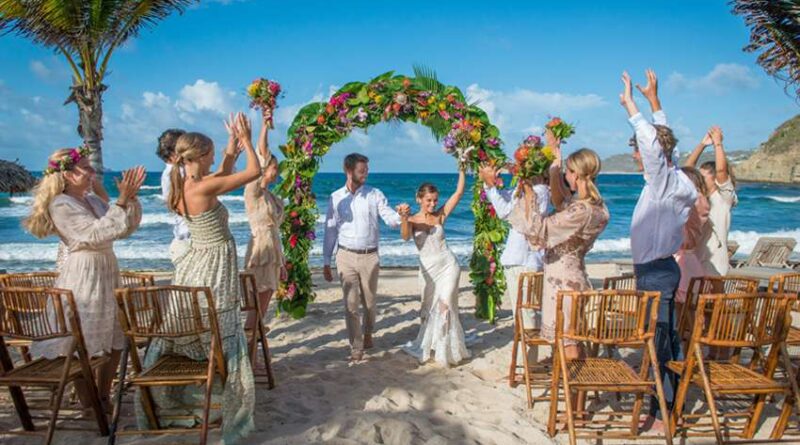The travel industry is witnessing a significant shift in how travelers approach wellness vacations. Gone are the days of solely focusing on passive relaxation and spa treatments. Today’s travelers are seeking a more active well-being experience, one that combines physical activity, exploration, and a connection with nature. This trend presents a crucial opportunity for destinations to adapt their strategies and cater to this evolving travel segment.

Decoding the Rise of Active Well-being
Mabrian, a leading travel intelligence provider, conducted a comprehensive analysis of traveler reviews to pinpoint the key drivers behind this active well-being movement. By examining millions of TripAdvisor reviews on in-destination activities between 2019 and 2023, they identified five key trends:
Surge in Physical Recreation: Activities like sports, fitness classes, and guided workouts are experiencing a significant rise in popularity.
Soft Hiking Takes Center Stage: Short hikes, scenic walks, and nature excursions are increasingly sought-after by travelers.
Water Sports Make a Splash: Kayaking, canoeing, surfing, and other water-based activities are seeing a steady increase in demand.
Enduring Appeal of Relaxation: Traditional wellness practices like spa treatments and hot springs haven’t lost their charm and continue to be relevant.
Foodie Focus on Wellness: Culinary experiences that promote healthy eating and local ingredients are gaining traction.
These findings highlight a vital point – travelers are no longer satisfied with a purely passive approach to wellness. They crave engagement, discovery, and activities that contribute to holistic well-being.
From Concept to Creation: Building Active Well-being Tourism Products
Mabrian’s insights reveal a shift in traveler behavior. Tourists are no longer content with simply observing a destination; they desire to actively participate and immerse themselves in the local culture and environment. This presents a unique opportunity for destinations to develop new tourism products and experiences that cater to this active well-being trend.
Here’s how destinations can leverage this shift:
Harnessing Natural Resources: Stunning landscapes, mountains, and coastlines can be transformed into captivating hiking and camping tours, biking trails, and water sports activities.
Promoting Experiential Activities: Running tours, cooking classes with a focus on healthy local cuisine, and guided nature walks are just a few examples of how destinations can curate experiences that combine physical activity with cultural immersion.
Building Accessible Offerings: Creating easy-to-implement activities like walking tours or guided meditations doesn’t require complex infrastructure and caters to travelers of varying fitness levels.
By adopting a holistic approach that integrates outdoor recreation, healthy living practices, and local experiences, destinations can not only attract active well-being travelers but also enhance their overall travel value proposition.
Europe: A Leader in Active Well-being Tourism
The European travel market exemplifies the strength of the active well-being trend. Since 2019, drivers aligned with this concept have witnessed a remarkable 8.2% increase. Currently, nearly half (48%) of European travelers choose destinations based on factors related to active well-being, highlighting its growing importance.
This trend can be attributed, in part, to the lasting impact of the pandemic. Travelers are now prioritizing experiences that connect them with nature and promote an active lifestyle.
Carlos Cendra, Partner and CMO at Mabrian, emphasizes this shift: “The traditional tourist is evolving into an active participant, seeking dynamic experiences within the destination. We need to redefine the concept of a wellness traveler to encompass this active well-being focus. Outdoor activities and nature connection should be central to our travel offerings.”
Cendra further underscores the simplicity of catering to this trend: “Building complex products isn’t necessary. Activities like walking tours require no equipment or special skills, making them accessible to everyone.”
By embracing this active well-being movement and adapting their strategies accordingly, destinations can position themselves as leaders in the evolving travel landscape and attract a new generation of health-conscious, experience-driven travelers.




